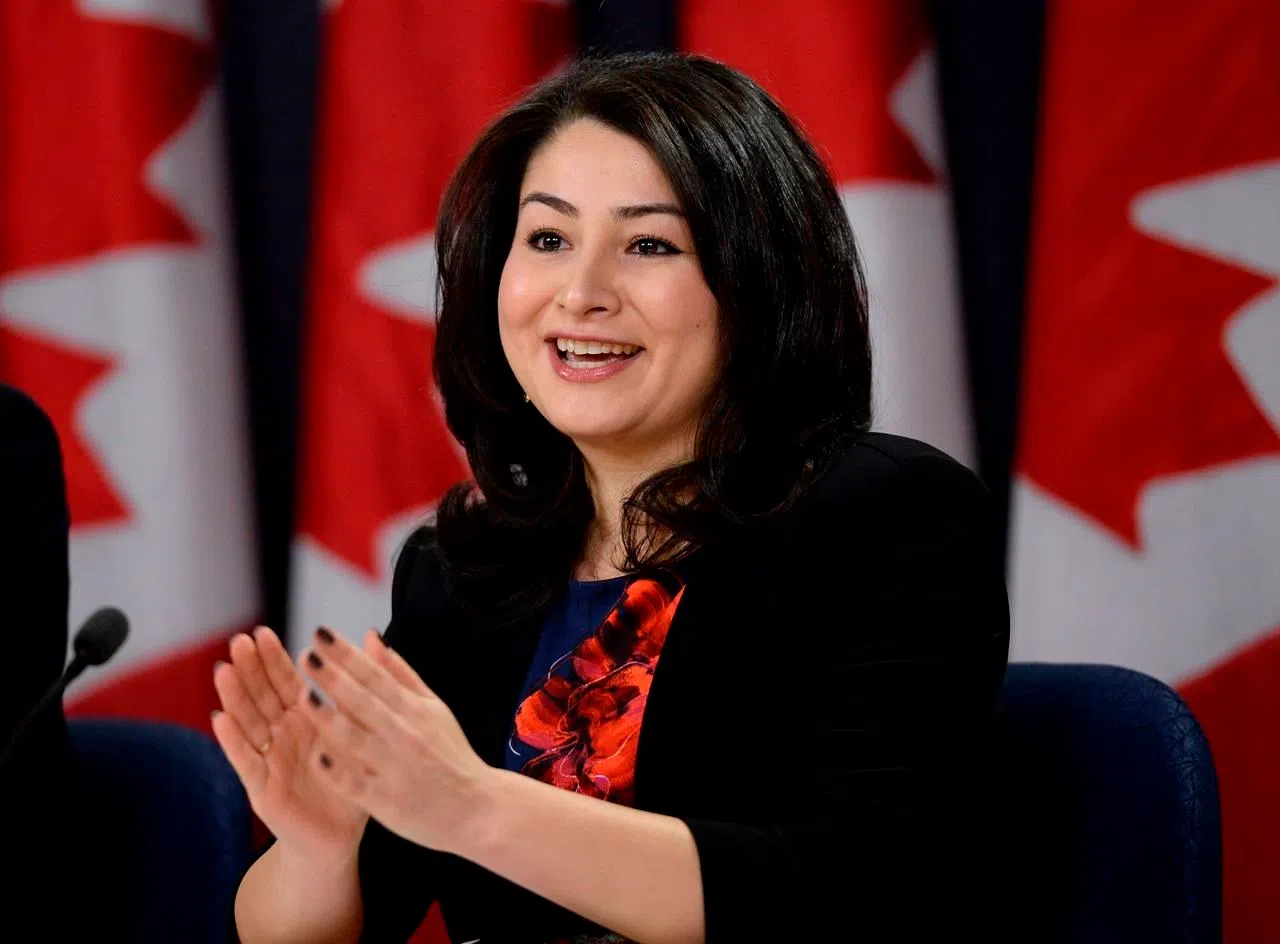
Liberals table bill to roll back Conservative changes to Canadian voting process
OTTAWA — The Liberal government is throwing open the doors to voting in federal elections, including expanding the franchise to more than a million Canadians living abroad.
Maryam Monsef, the minister for democratic institutions, introduced legislation Thursday that will roll back a number of controversial changes to Canada’s voting process.
That includes relaxing voter identification rules tightened by the previous Conservative government and restoring Elections Canada’s mandate to educate and encourage electors.
The government is also proposing to significantly expand voting into previously uncharted waters by permitting any expatriate Canadian citizen who’s ever lived in Canada to cast a ballot.



